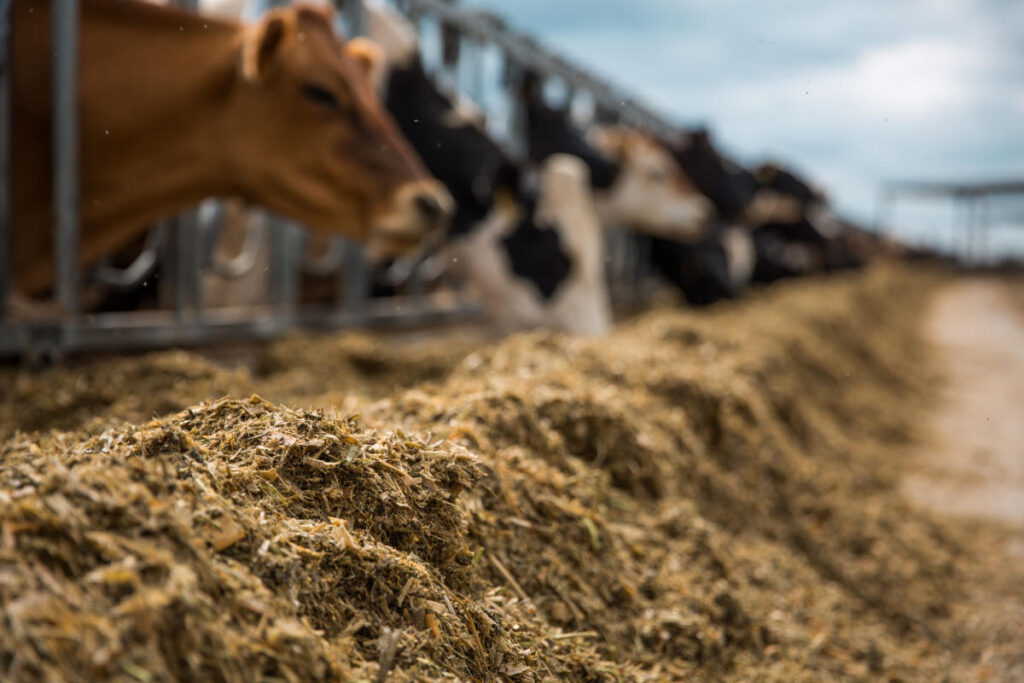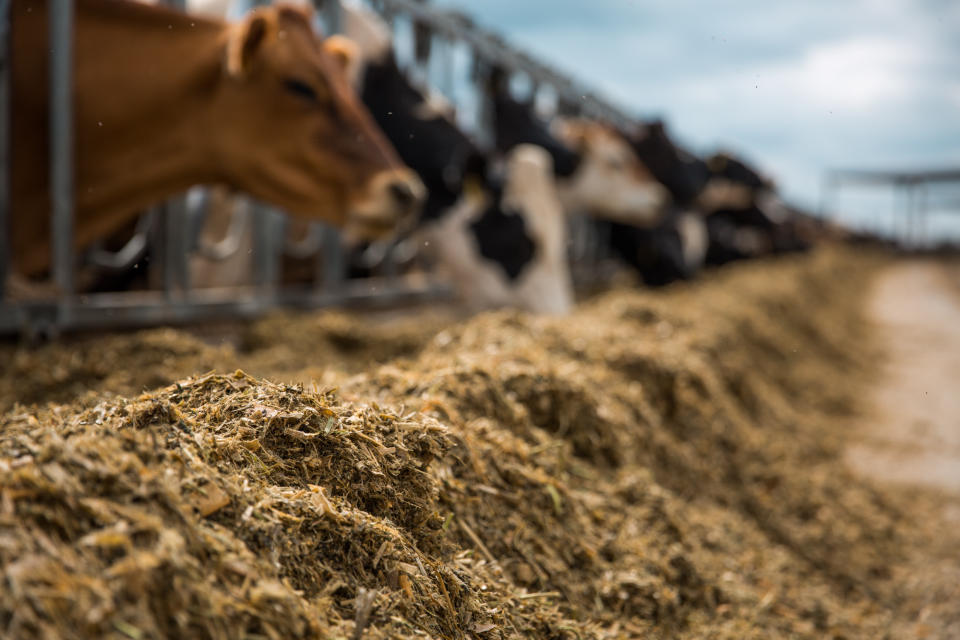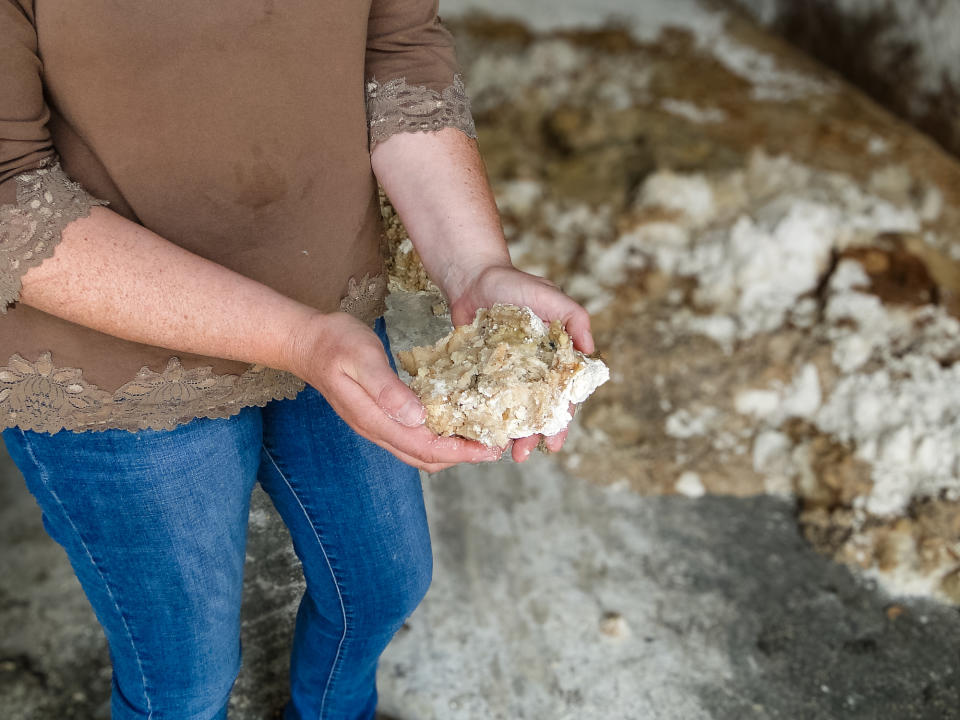Reusing food waste to help the environment
Using cows to upcycle by-products is a strategy to address food waste and increase environmental sustainability. It can promote a circular economy, reduce greenhouse gas emissions and support sustainable animal husbandry practices.
Cows contribute to recycling
Krainick Dairy incorporates sustainability into everything they do on the farm, including collecting bakery waste and spent grains from local breweries. These by-products provide an excellent source of protein and help provide a nutritionally balanced diet for their cows.
ENUMCRO, Wash., June 20, 2024 (GLOBE NEWSWIRE) — In the United States, 30 to 40 percent of the food supply is wasted. We buy more food than we need, throw away leftovers, or store it incorrectly, causing food to spoil quickly. Food waste can take a big toll on household finances and have serious environmental effects. According to the Washington State Dairy Commission, there's one way to help tackle food waste: cows.
A cow's stomach is divided into four chambers, allowing it to process materials that humans cannot digest. Nearly 40% of a dairy cow's diet comes from by-products like distillers grains, bakery waste, bruised fruits, vegetables, and even cottonseeds — leftover cotton from the cotton used to make clothes.
Dairy cows have the unique ability to turn by-products into food for humans. This ability provides beneficial nutrients to the cows while reducing food waste. Think about all the water, energy and fuel used to grow, harvest and transport food from farm to table. When food goes in the trash, it doesn't just disappear – it rots in a landfill and releases harmful gases. But if we reuse that food, such as by feeding it to cows, we can reduce these emissions.
The science behind feeding cattle
“A typical cow in Washington state eats about 75 to 100 pounds of feed per day,” says Vincent Watters, a certified dairy cow nutritionist. Dairy farmers work closely with animal nutritionists to create feed specifically for their herds to ensure cows get the minerals, nutrients and vitamins they need to stay healthy. Farmers and nutritionists also work together to find foods that can be added to the cows' diet beyond traditional feed ingredients. All by-products brought onto the farm are inspected and overseen by the cow nutritionist.
Environment Manager
Seattle-area dairy farmers Mike and LeeAnn Kleinick incorporate sustainability into everything they do on their farm, including collecting bakery waste and spent grain from local breweries. The Kleinicks upcycle 5 to 6 million pounds of food waste each month, which provides a great source of protein and helps create a nutritionally balanced diet for their cows. “Upcycling food by-products is a win-win for everyone,” the Kleinicks say. “Farmers save on feed costs, manufacturers save on waste fees, and we all benefit from a reduced carbon footprint.”
Cows and humans: partners in sustainability
Reducing food waste improves food security and reduces greenhouse gas emissions. Leading the way in this effort are our incredible dairy cows, with their incredible ability to upcycle inedible food into valuable feed. Additionally, the dedication of our dairy farmers to continue driving innovation in environmental stewardship contributes to a more sustainable future for all.
The story continues
Attachments
Contact: Sprince Arbogast Dairy Farmers of Washington 425-563-3039 sprince@wadairy.org

Source link





